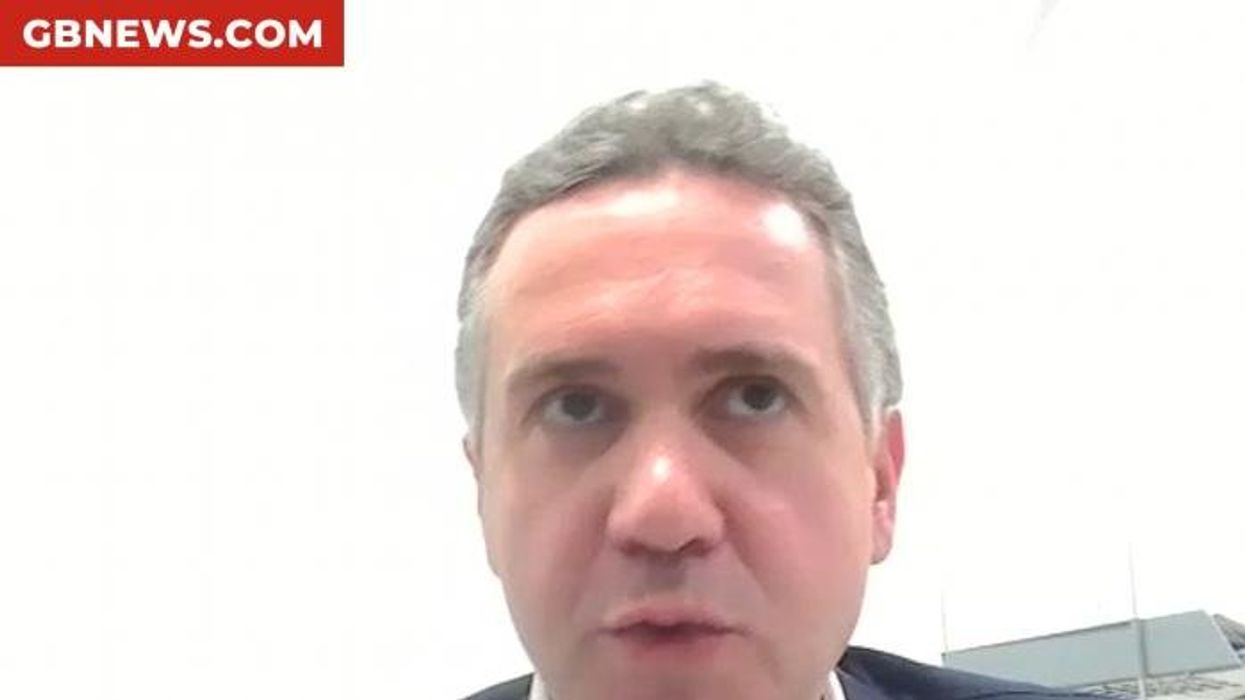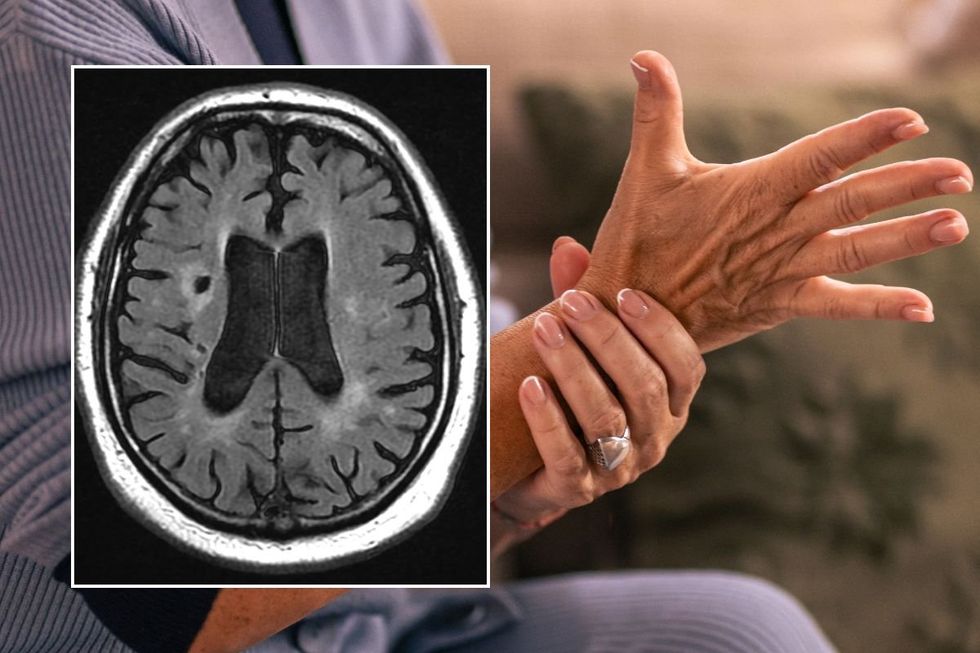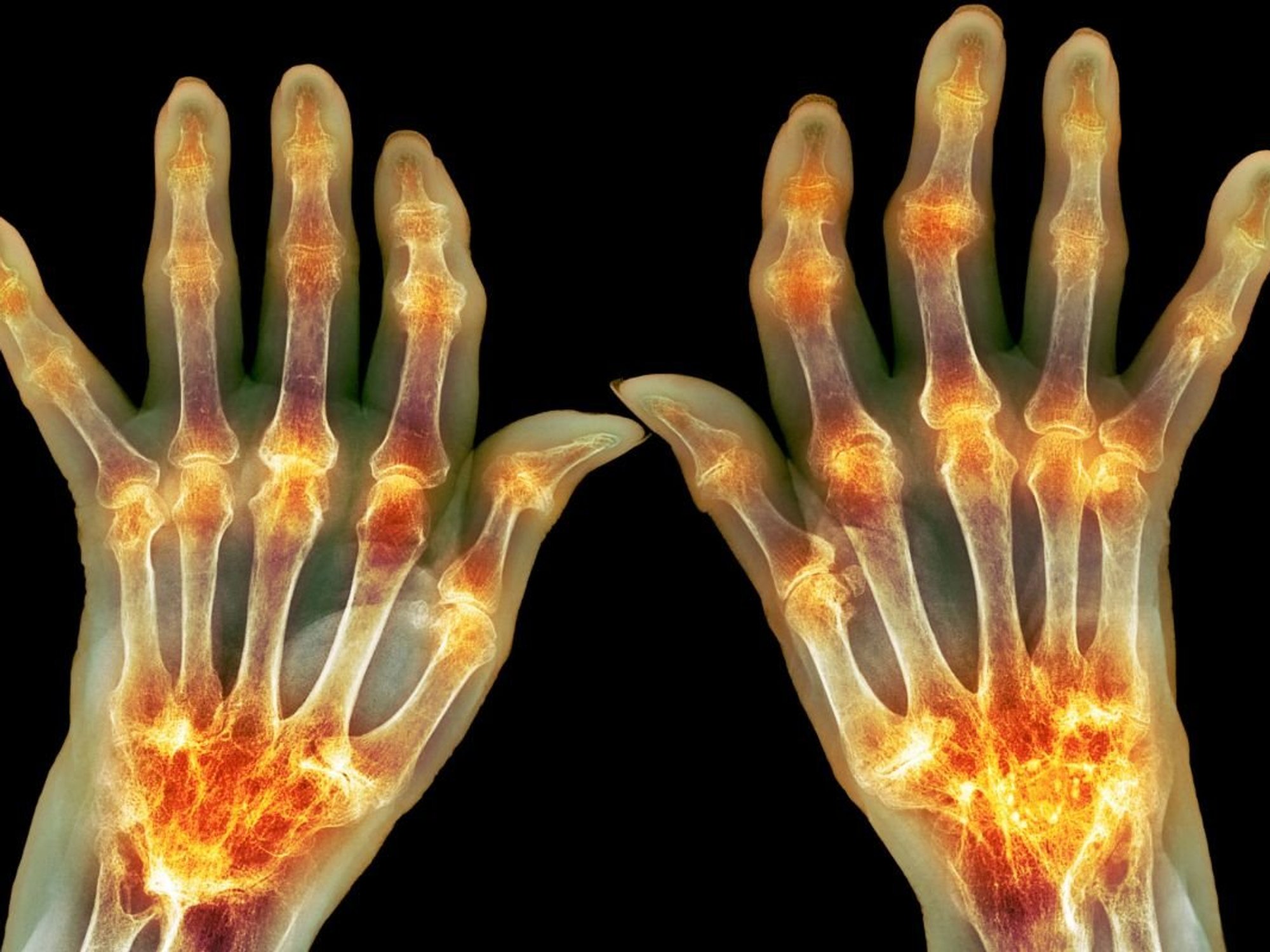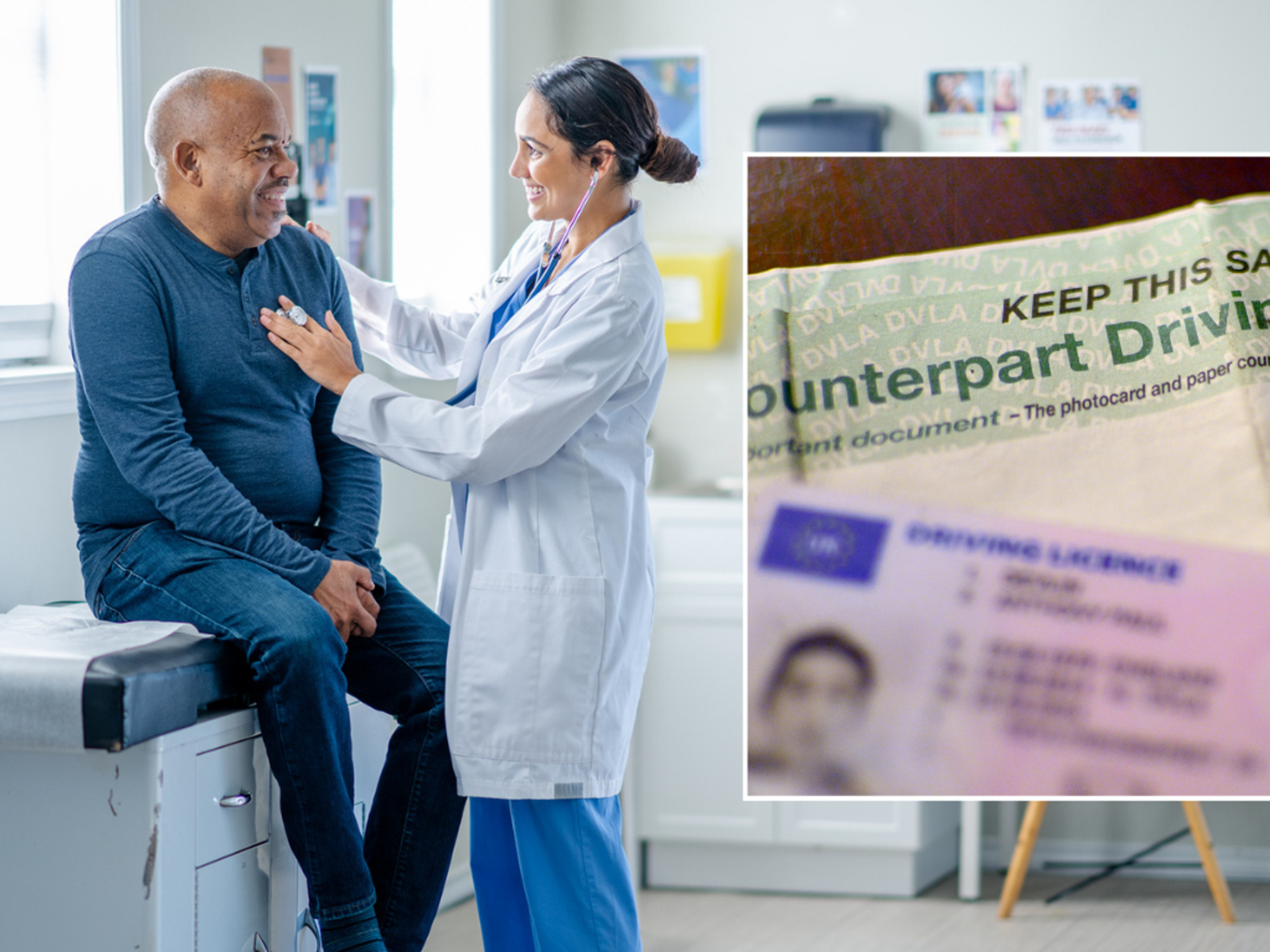Stroke symptoms: Doctor shares the subtle 'heaviness' sign that could strike hours or days before

WATCH NOW: Dr Oliver Guttman names dietary interventions to reduce the risk of stroke and heart attack
|GBN

Getting assessed early is crucial when it comes to stroke risk, an expert has cautioned
Don't Miss
Most Read
Latest
Your body might be trying to tell you something important about stroke risk through subtle changes that are easy to miss, an expert has warned.
Medical advisor Dr Kezia Joy from Welzo explained that certain physical symptoms could signal vascular stress that shouldn't be ignored.
"Typically, early warning signs are associated with alterations in circulatory, inflammatory, or blood-pressure factors, all of which are considered stroke-related risk factors," the expert told GB News.
If you're noticing more frequent high blood pressure readings, that's worth paying attention to, as are unexplained tiredness or new weakness affecting just one side of your body.
TRENDING
Stories
Videos
Your Say

The sudden onset of sensations in the extremities needs checking out straight away
|GETTY
Dr Joy also pointed to persistent tingling or a heavy feeling in your arms, face or legs as potential indicators.
When these sensations come on suddenly or keep happening, they might suggest nerve function problems from reduced blood flow.
"These signs alone do not signify a stroke but do warrant immediate medical evaluation," Dr Kezia declared.
Vision, balance and speech
Vision changes are widely considered crucial indicators of different health conditions, offering important clues about blood flow to your brain.
While blurred or double vision, or darkness in part of your visual field, can be temporary and easily brushed off, they could signal an impending stroke if they come on suddenly and severely.
Speech problems are also an important red flag, according to Dr Kezia Joy. You may find it challenging to articulate your thoughts clearly or struggle to comprehend what others are saying.
Balance issues that weren't there before could also indicate poor blood flow to the brain. When several of these symptoms happen together or without warning, it's particularly concerning.
Headaches, dizziness and numbness
Because headaches, dizziness and numbness happen for lots of reasons, timing and context matter enormously. Dr Joy explained that sudden onset symptoms, especially when they're much worse than usual, need urgent attention.
The combination of symptoms is particularly important. If you're experiencing weakness, confusion, slurred speech or vision changes together, that's more worrying as it suggests circulation problems or nerve damage.
Pay special attention if dizziness or numbness affects only one side of your body. A headache with facial weakness or being unable to lift one arm needs immediate medical help.
LATEST DEVELOPMENTS
Even if symptoms disappear quickly, getting checked early means doctors can identify potential causes before an emergency happens.
When should you call for help?
Dr Joy stressed that certain symptoms need immediate medical attention, even if they seem to improve.

Certain symptoms need immediate medical attention, even if they seem to improve
|GETTY
If you notice numbness or dizziness on just one side of your body, don't wait. The same goes for headaches accompanied by facial weakness or finding you can't raise one arm properly.
These one-sided symptoms are particularly concerning and warrant an immediate 999 call, even if everything seems to return to normal quickly.
Medical professionals can identify what's causing these symptoms before a full-blown emergency develops.
It's always better to get checked and be safe than to dismiss potentially serious warning signs.
Our Standards: The GB News Editorial Charter










